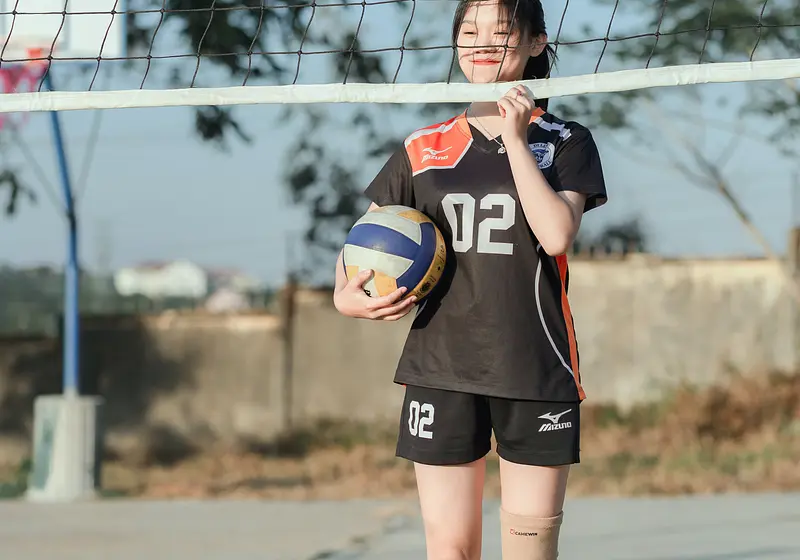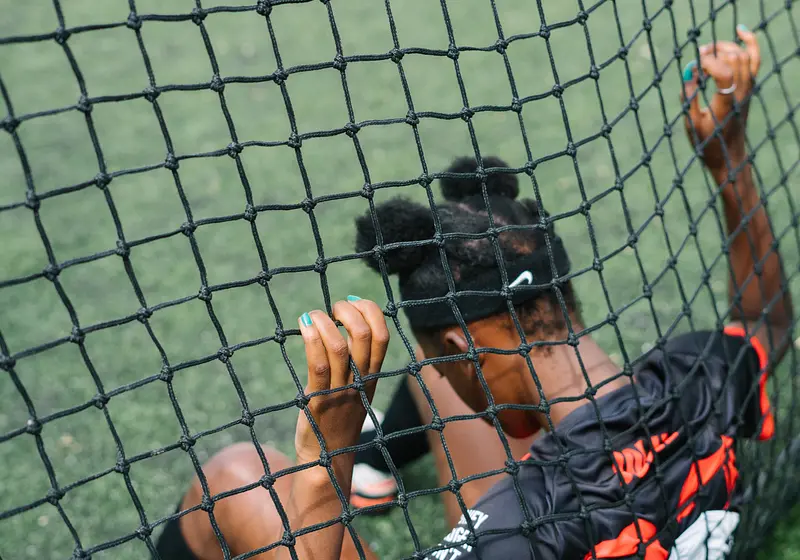Sports play a role in the lives of many young people today, affecting both their physical and mental well-being. In terms of mental health, sports have been shown to have both a negative and positive association with young people’s anxiety, creating a complex relationship between adolescents and athletics. Personally, as an athlete, sports have helped me to alleviate my anxiety. On the other hand, at times sports have also caused a rise in my anxiety levels, particularly in high-pressure circumstances.
Negative impacts of sports on young people are well-documented including performance anxiety, which relates to the competitive nature of sports as well as associated pressures from teams, coaches, and families. The increased pressure and set expectations of those surrounding an athlete can increase an athlete's anxiety, for fear they won’t meet the standards of those surrounding them.
However, research also elucidates the impression that sports may also have potential benefits including reduced anxiety in other areas.
Therefore, this article post will explore existing research on the pros and cons of sports on young people's anxiety using existing research to bring awareness to the complexity of sports and youth anxiety.
Photo Credits: John Arano from Unsplash
Let us slide into your dms 🥰
Get notified of top trending articles like this one every week! (we won't spam you)Negative Impact
Sports can produce negative impacts on young people by leading to increases in their anxiety. There are many contributing factors to young athletes’ anxiety, including young athletes (high-performing ones particularly) feeling pressured to perform to the high standards of either coaches or parents/caregivers.
These high standards can induce anxiety in a young athlete, both negatively affecting their physical and mental well-being along with their athletic performance. In turn, they may then become anxious in regards to not being able to improve their athletic performance.
Furthermore, athletes may sustain injuries due to participation in sports, which can also contribute to anxiety in a young athlete according to the NCAA by “adding feelings of sadness, irritation, lack of motivation and more”. The fear of getting injured or potentially re-injured can cause anxiety for an athlete about to play a game, limiting their involvement within the game to stay “safe” and prevent injury.
Young athletes having to perform to high standards, facing the fear of a potential career-ending injury, as well as uncertainty concerning their athletic future at a collegiate level all work together to create a possible infestation of anxiety in an adolescent's mind.
Photo Credits: Nicolas Hoizey from Unsplash

Take the Quiz: What is your IQ level?
Find out how smart you are by taking this quiz!
Positive Impact
Sports can produce a variety of positive impacts on young people as well by supporting a reduction in their anxiety. Exercise can help to reduce stress hormones in the body that contribute to restlessness, ultimately showing that exercise can reduce anxiety by reducing stress hormones.
Physical activity from sports can also help to produce endorphins which research indicates not only improves one's mood but also reduces anxiety.
Additionally, even though that this idea has yet to be explored and needs to be examined further by credible researchers, athletes may be more likely to easily fall asleep as a result of exhaustion from physical activity. If that this is found to be true through future research, this could play a role in reduced worriment for athletes given that your body produces less cortisol (a stress and anxiety-producing hormone) with increased sleep.
Thus, the potential for sleep improvement in athletes could help reduce their stress as cortisol is reduced.
Besides the mind-body connection between sports and anxiety, sports can to boost your self-confidence and increase your social interactions, which may help reduce social anxiety. Whenever someone excels in a sport it can boost their esteem, and as their teammates cheer them on sports can give them a sense of belonging which can reduce social anxiety.
Additionally, sports have been known to prevent athletes from using addictive substances, such as cigarettes or vapes, which are known to have a poor effect on mental health. Through these ways, sports have the potential to benefit young athletes' mental health and promote the healthy coping habit of exercise through the sport(s) chosen by an adolescent.
Photo Credit: Vince Fleming from Unsplash
Concluding Remarks
In conclusion, sports have the ability to produce both a positive and negative impact on adolescents who are athletes. Overall, it is important for adolescents and parents/caregivers to know the potential mental health effects of sports on mental health in order to enhance the potential positive impacts while mitigating the negative impacts in order to build the love of sports.











.jpg)

